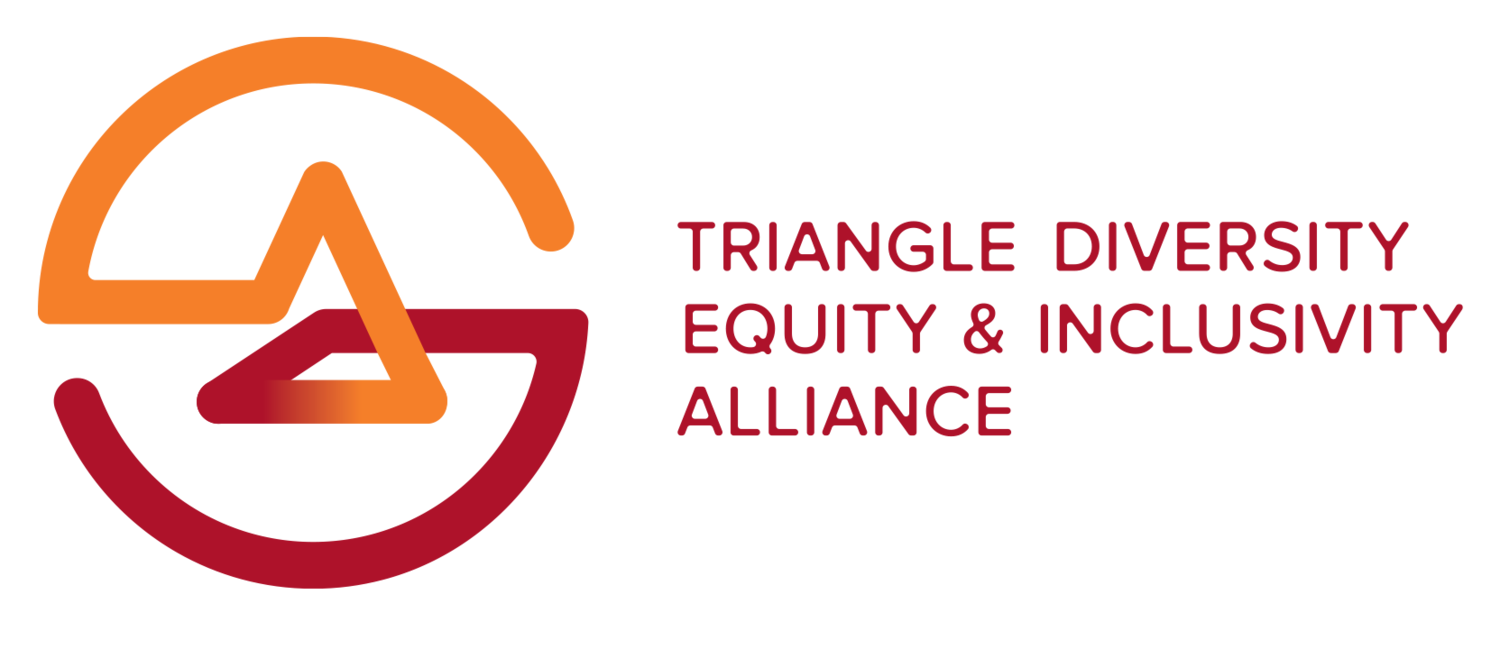Addressing Anti-Asian Racism and Violence
Over the past year, there has been a resurgence in anti-Asian hate crimes. To help our members and the business community know how to support local Asian-run businesses, we featured this topic during one of our Courageous Conversation events.
We began our program hearing from Victor Betts, a libraries fellow at NC State University. He introduced attendees to Asian American history through key events
“It is important to know this history,” Victor said, “because when most people think about the dominant narrative of American history, Asian voices tend to be missing or forgotten even though we know they are present. Additionally, being able to contextualize these larger historical events and their connection to perceptions and treatments of Asian people in the United States impacts allyship and community building.”
The event content featured information on how allies can implement this in the workplace and beyond as well, by getting into the practice of thinking about the voices or perspectives that are missing in everyday scenarios.
Next, we heard from Ricky Leung, the co-founder and senior director of programs at NC Asian Americans Together.
Ricky described what the term “Asian American” means to different people. One thing he emphasized is that “it’s important not to think of Asian Americans as a monolith – there are a lot of different communities under that umbrella.” You may have seen different acronyms used to describe different parts of the community such as AAPI, APIA, API, NHPI, and APIDA. If we look at their issues as a monolith, we risk concealing many of their issues.
Lastly, we heard from a panel of Asian American voices about what authentic allyship looks like.. Here are their action steps in charging towards allyship:
Don’t be a bystander – extend your voice.
Make sure that every person in the room is included in every part of the conversation.
As a business, take a stance, stand by it, and take the actions necessary to support it. Not just for your AAPI employees, but your customers, partners, and community members.
The final takeaway from the event is that one positive impact can really make a difference. It starts with you and the person in front of you. In the end, it takes work and courageous conversations to create opportunities to work across differences.

